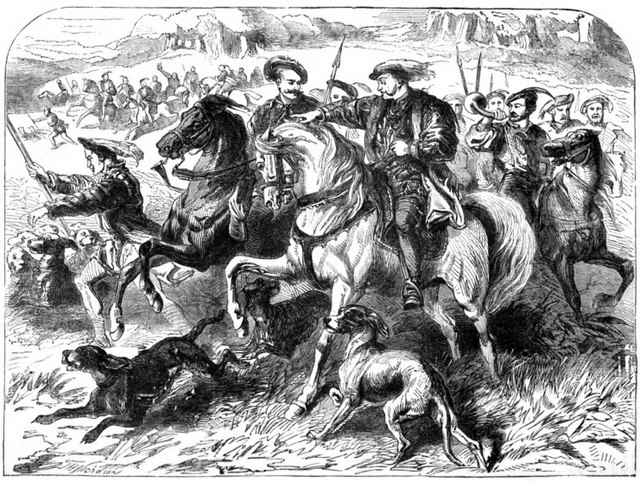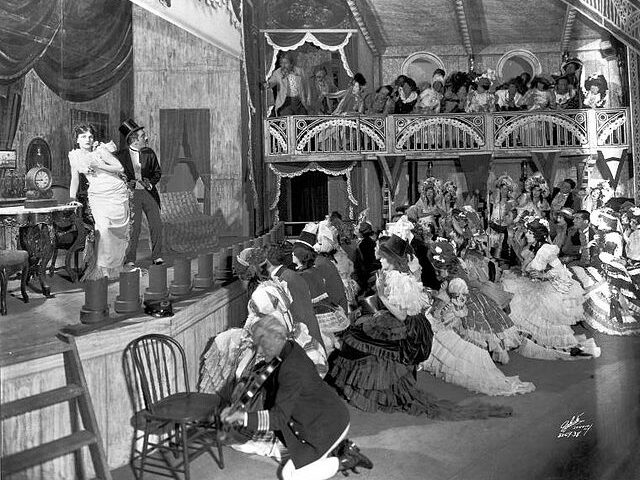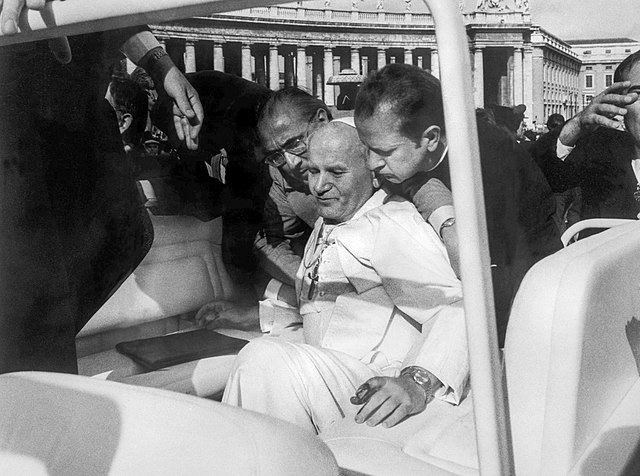Henry VIII, the notorious Tudor monarch of England, is often remembered for his tumultuous reign, marked by political intrigue, religious upheaval, and marital drama. But it was his love of sports that may have dramatically affected his reign. On January 24, 1536, during a tournament held at Greenwich Palace in celebration of Anne Boleyn’s pregnancy, Henry suffered a severe injury during a jousting match that had lasting consequences.
The jousting accident unfolded when Henry, known for his athletic prowess and love for tournaments, participated in a match against his close friend Charles Brandon. In a moment of misfortune, the king was unhorsed, and his opponent’s lance struck him with a forceful blow. The impact resulted in Henry being thrown from his horse and left him unconscious for nearly two hours.
The king was never the same.
The consequences of the jousting accident were significant. Henry VIII, who was already in his 40s at the time, suffered a leg wound that refused to heal properly. The injury led to a series of health complications, including chronic pain and mobility issues. Some historians speculate that this physical decline may have contributed to the king’s later struggles with obesity and various health problems that plagued him in the latter years of his reign.
The fall at Greenwich left him “speechless” for two hours, and Anne Boleyn, the woman for whom he had divorced his original queen, Katherine of Aragon, was told that he would die – the shock of which news, she said, caused her to miscarry the child she was expecting. The miscarried baby was male, and it was immediately after this that Henry told Anne they would clearly never have male children together, and turned against her. Less than six months later Anne had been executed and Henry had married the third of his six wives, Jane Seymour, writes The Independent.
But the jousting accident may have affected his whole personality, the experts suggest. “We posit that his jousting accident of 1536 provides the explanation for his personality change from sporty, promising, generous young prince, to cruel, paranoid and vicious tyrant,” Lucy Worsley says. “From that date the turnover of the wives really speeds up, and people begin to talk about him in quite a new and negative way. “After the accident he was unconscious for two hours; even five minutes of unconsciousness is considered to be a major trauma today.” Henry may have suffered a brain injury, Dr Worsley says. “Damage to the frontal lobe of the brain can perfectly well result in personality change.”
The jousting accident also had broader implications for the political landscape of Tudor England. The final decade of Henry VIII’s reign, spanning from 1540 to 1547, was marked by political intrigue, religious turmoil, and the king’s deteriorating health. One of the significant events during this period was the dissolution of the king’s fourth marriage to Anne of Cleves in 1540. The marriage had been arranged for political reasons, but Henry found Anne unattractive, leading to an annulment. This divorce had political repercussions, as it contributed to the fall of Thomas Cromwell, the chief minister responsible for the failed union.
Religious changes continued to shape Henry’s reign, with the king reaffirming his authority over the Church of England through the Act of Six Articles in 1539. This act reinforced traditional Catholic doctrines and practices, reflecting Henry’s ongoing resistance to aligning with Protestant theology. The king’s health declined significantly during the final years, marked by obesity, ulcerous legs, and mental instability. Henry VIII passed away on January 28, 1547, leaving a legacy of political and religious turbulence, as well as the groundwork for his successors to navigate the complex issues of the English Reformation.






